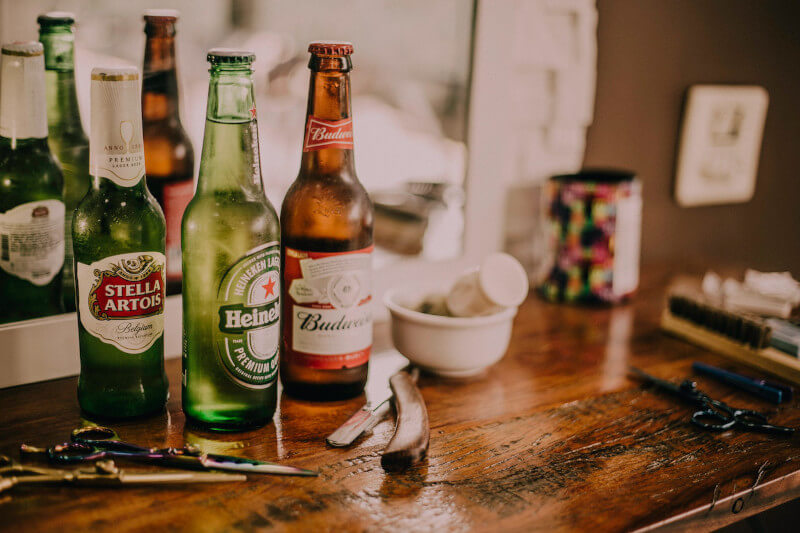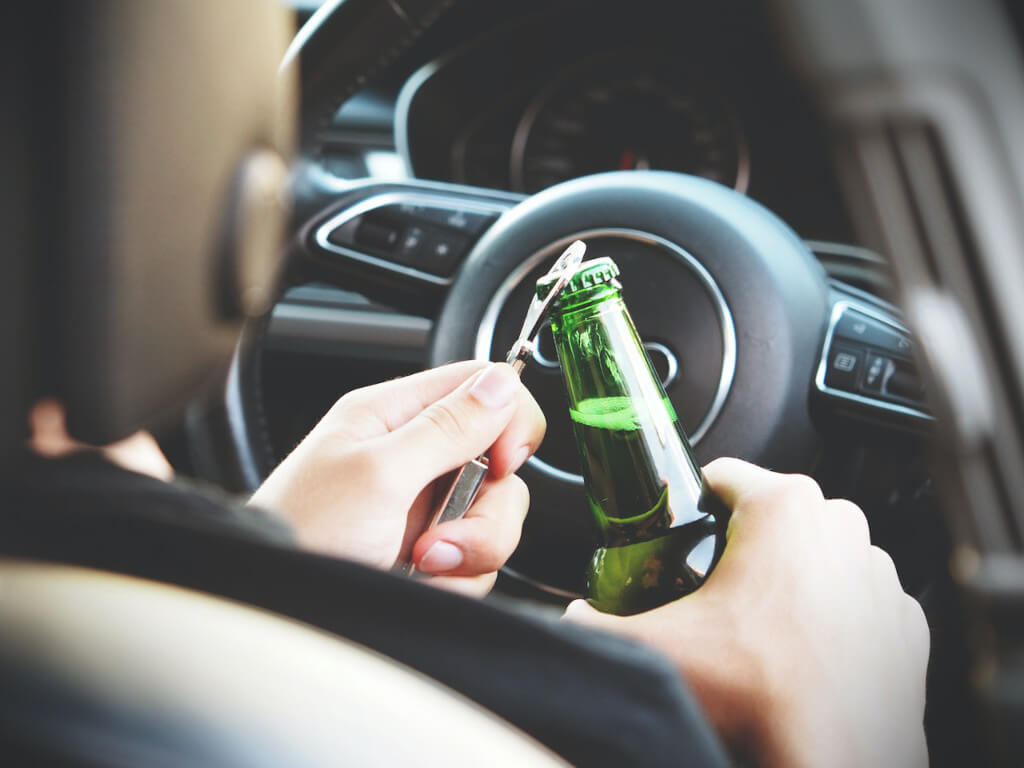Keeping Your Sobriety Can Be Accomplished in the Following Ways
The Christmas period and the holiday season in general bring happiness and a sense of optimism to many individuals all around the world; yet, for a person who is in the process of recovering from addiction, the holidays may be a stressful time.
If you are new to recovery, you could be fearing the holiday season for a number of reasons, including the activities that have a significant presence of alcohol and the desire to prevent relapse during a high-stress (though happy) time of year.
Nevertheless, those who are just beginning their journey to recovery should not lose hope. During the Christmas season, there are actions you can do to maintain your sobriety and stay on track with your long-term recovery objectives.
Be Conscious of the Potential Triggering Factors

The so-called “silly season” is accompanied by a number of potentially potent triggers. When a person is confronted with a trigger, it might generate thought patterns and cravings, which can gain momentum with rationalizations, and ultimately result in a relapse.
There are a few triggers that are shared by many people, but there are also some that are unique to each person. HALTS is an acronym that is frequently used in the rehabilitation community.
H – hunger. A – anger. L – loneliness. T stands for tiredness. S stands for sickness
These five scenarios are known to bring up thoughts of consuming and cravings for the substance. It is essential to have a consistent eating and sleeping schedule, maintain healthy relationships with others, learn healthy coping mechanisms for anger, and prioritize self-care if you experience any symptoms of illness.
This will be of great assistance in ensuring that your recuperation stays on track. There are a great number of different triggers, all of which can be identified by you alone. However, you need to be aware of the specific things that set off your anxiety and do everything you can to avoid them. Do not, for instance, buy cigarettes at the liquor store or spend time with people that you used to drink with.
Maintain a Rehabilitation Schedule
Your addiction did not take a break during the holidays, therefore there is no reason why your rehabilitation should either. Maintain your normal healing routine even while the holidays are in full swing. Keep going to the 12-step meetings you’ve been going to, and if you travel, look into whether there are any groups in the area you’ll be visiting.
If there aren’t any in the area, you can always participate in frequent online meetings. Continue doing all of the other recovery activities that you have been accustomed to doing, like meditating every day, working on your steps, checking in with your sponsor, reading recovery material, or doing anything else that has become a regular part of your practice. Stick to your normal schedule.
Maintain as normal of a schedule as you can and make an effort to connect with other members of the group as well as take part in activities sponsored by the fellowship. And make sure you only worry about today. Maintain your attention on the here and now.
Make Connections With Other People Who Are Going Through Recovery

Put yourself in an environment with individuals who are positive, sober-minded, and helpful. Maintaining connections with other individuals who are also working on their recovery is one of the most effective methods to protect your progress in recovery.
Bring a friend who is not affected by the situation with you to an event if you are worried about being triggered there. A friend who is also working on recovery will be able to comprehend what you’re dealing with and will be in the ideal position to provide support for you.
If you are unable to bring a buddy who is also recovering with you, make sure you have a list of persons who are clean and sober that you may phone in case of an emergency. Do not let your fear prevent you from picking up the phone and calling these individuals. The recovery community offers a lot of help and support to everyone who needs it; all you need to do is ask for it.
Have an Exit Strategy
Prepare yourself with a well-thought-out escape strategy, just in case the holidays throw you into a sticky situation. If you’re planning to get together, ensure that you park in a place where it is simple for you to get going quickly in case you need to leave.
Should you not have access to your mode of transportation, you should make other arrangements to get where you need to go. If you believe that other people at the event will try to convince you to remain there against your will, then you should not inform them of the time that you will be departing and instead send them a text after you have left to say goodbye.
Don’t Drink Non-alcoholic Beverages
It may be enticing to drink alcohol-free drinks to conform to society’s expectations or experience a sense of “normalcy.” On the other hand, individuals struggling with addiction should steer clear of these beverages because of the grave risks they pose.
They have a flavor that is very similar to that of actual alcohol, and they have the potential to act as potent triggers for your brain, which causes it to interpret them as being similar to alcoholic beverages. Your mind may start to develop a craving for actual alcohol, which may result in an unintended return to drinking.
“Non-alcoholics” are the people who drink non-alcoholic beverages. Although they only have a trace of alcohol in them, they still are sold in the same location as the alcoholic beverages. One form of self-deception that addicts engage in is the assertion that they “miss the flavor of beer, cider, or wine.”
This is Utter Nonsense
They do not miss the taste, but they do miss the effect. When our brain detects the hops flavor in a beer that does not contain alcohol, it is going to immediately want to drink the genuine thing. Because it does not taste like cold drinks but rather like alcohol, this causes many people to fall back into their previous habits.
Communicate and Have Conversations
Talking about what’s going on in our lives is one of the things that we learn to do during recovery. This encompasses both our sensations and our ideas and is especially important if we are suffering cravings or are having thoughts of using. This practice must be maintained throughout the Christmas season. The healthy method to protect our progress toward healing is to talk about the challenges we face. When confronted with the reality of the situation, intentions, and plans to use or drink frequently evaporate.
On the other hand, if you keep your ideas to yourself, you are much more likely to put them into action. Talk things out with a reliable member of your family, your sponsor, or other people who are also in recovery.
Experiment With Something New
Boredom is a factor that influences many people, particularly after the busiest time of the year has passed and things have slowed down for the holidays.
Staying busy is the best way to stave off boredom; to keep things fresh, try out some new and fun activities. Bowling, a stroll down the beach at night under the moonlight, or going to the theater to see a play are all examples of activities that can be enjoyed even when one is not under the influence of alcohol. You can also consider signing up for a seminar or attending a class; find out what options are available in your region.
Request That Your Loved Ones Participate in Sober Activities
This may strike a nerve with some people, but if your household can make the temporary sacrifice of giving up alcohol, you should do it. During the holiday season, attending sober activities can be a beneficial way to stay safe and out of trouble. By considering it necessary to drink throughout this time, you are either demonstrating less affection for your addicted loved one or giving the impression that alcohol is synonymous with enjoyment and relaxation.
They hear that they’ll never be able to enjoy themselves or relax again, and that is the message they take away from it. This is not the case. During our time in treatment or other recovery-oriented environments, we gain the knowledge that there is a variety of more physically and mentally beneficial methods to enjoy ourselves and unwind.
If Nothing Else Works, It’s Best to Just Stay at Home
Stay at home if you feel that the family gathering or holiday will be too much for you to handle or if you are worried that it will put a damper on your recuperation. This may seem like a daunting task, especially if you don’t want to let your family down, but if they are behind your rehabilitation, they will respect the decisions you make to keep yourself secure even if they don’t agree with them.
There is always the following December, as well as future events and holidays, in which you will be able to participate once you have been in rehabilitation for a longer period of time and feel stronger.
Treat Yourself With Compassion
This is quite likely the most crucial piece of advice that you will receive. We tend to be highly critical of ourselves, particularly when we are still living in guilt as a result of the actions we took while under the influence of alcohol or drugs, or if our family members continue to suffer as a result of the misery we have caused.
It is essential to keep in mind that although we are required to accept responsibility for the actions we have taken in the past, we are suffering from a brain disorder and are making every effort to improve our health and accelerate our recovery.
Be kind to yourself, and pat yourself on the back for the progress you’ve made thus far. You have every reason to be pleased with your progress in becoming better because getting better is never a simple process and demands ongoing effort and focus.

